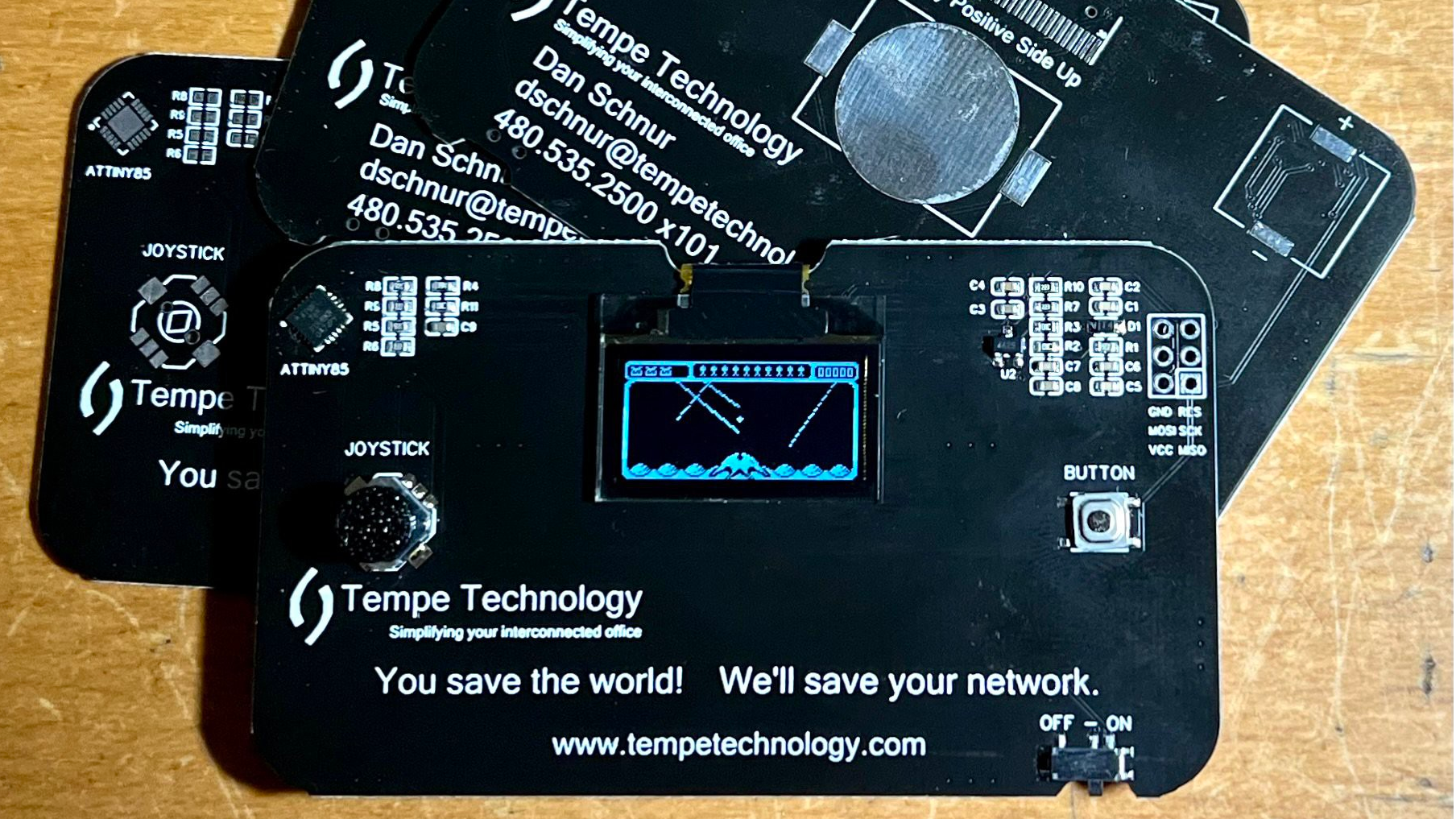FTC decides to block Meta's purchase of VR workout app maker "Supernatural" Within
The Federal Trade Commission has filed an antitrust lawsuit against Meta seeking to prevent it from buying Within Unlimited, the maker of the virtual reality workout app Supernatural. The agency accused the company and its CEO Mark Zuckerberg of "planning to expand Meta's virtual reality empire with this attempt to illegally acquire a dedicated fitness app that proves the value of virtual reality to users." .
The FTC has claimed that Meta is "already a key player" at all levels of the VR ecosystem. He said the company has the best-selling VR device (Meta Quest 2), a leading VR app store, "seven of the most successful developers and one of the best-selling apps of all time. ". The latter probably refers to Beat Saber. Meta bought the creator of this rhythm game, Beat Games, in 2019.
"Instead of competing on the merits, Meta is trying to buy its way to the top," John Newman, deputy director of the FTC's Competition Bureau, said in a statement. "Meta already has a best-selling virtual reality fitness app and it had the capabilities to compete even more closely with Within's popular Supernatural app. But Meta chose to buy a position on the market instead of earning it on the merits. This is an illegal acquisition and we will pursue all appropriate remedies."
Meta announced its intention to buy Within last October. It was reported in December that the FTC was reviewing the $400 million deal. Meta, of course, entered the VR market when it bought Oculus in 2014.
The FTC argues in the complaint that Meta has the resources and "reasonable likelihood" to enter the VR fitness market by building its own app. This approach, according to the agency, would "increase consumer choice, increase innovation, spur competition to attract the best employees, and provide other competitive advantages." Instead, if it were to buy Within, the FTC says Meta would limit "future innovation and competitive rivalry" and says "the lessening of competition violates antitrust laws."
"The FTC's case is based on ideology and speculation, not evidence. The idea that this acquisition would lead to anti-competitive outcomes in a dynamic space with as much entry and growth as fitness online and connected is simply not believable," a Meta spokesperson told Engadget in a statement. “By attacking this deal in a 3-2 vote, the FTC sends a chilling message to anyone looking to innovate in virtual reality. We are confident that our acquisition of Within will benefit people, developers, and the VR space. .
This decision will be another blow to Meta's goal of becoming the main player in the metaverse. The company has poured billions into the effort, though in recent months it has scaled back some of its ambitions by cutting costs and seemingly dropping plans for some devices that are supposed to connect to its metaverse. This week, the company announced that it
The Federal Trade Commission has filed an antitrust lawsuit against Meta seeking to prevent it from buying Within Unlimited, the maker of the virtual reality workout app Supernatural. The agency accused the company and its CEO Mark Zuckerberg of "planning to expand Meta's virtual reality empire with this attempt to illegally acquire a dedicated fitness app that proves the value of virtual reality to users." .
The FTC has claimed that Meta is "already a key player" at all levels of the VR ecosystem. He said the company has the best-selling VR device (Meta Quest 2), a leading VR app store, "seven of the most successful developers and one of the best-selling apps of all time. ". The latter probably refers to Beat Saber. Meta bought the creator of this rhythm game, Beat Games, in 2019.
"Instead of competing on the merits, Meta is trying to buy its way to the top," John Newman, deputy director of the FTC's Competition Bureau, said in a statement. "Meta already has a best-selling virtual reality fitness app and it had the capabilities to compete even more closely with Within's popular Supernatural app. But Meta chose to buy a position on the market instead of earning it on the merits. This is an illegal acquisition and we will pursue all appropriate remedies."
Meta announced its intention to buy Within last October. It was reported in December that the FTC was reviewing the $400 million deal. Meta, of course, entered the VR market when it bought Oculus in 2014.
The FTC argues in the complaint that Meta has the resources and "reasonable likelihood" to enter the VR fitness market by building its own app. This approach, according to the agency, would "increase consumer choice, increase innovation, spur competition to attract the best employees, and provide other competitive advantages." Instead, if it were to buy Within, the FTC says Meta would limit "future innovation and competitive rivalry" and says "the lessening of competition violates antitrust laws."
"The FTC's case is based on ideology and speculation, not evidence. The idea that this acquisition would lead to anti-competitive outcomes in a dynamic space with as much entry and growth as fitness online and connected is simply not believable," a Meta spokesperson told Engadget in a statement. “By attacking this deal in a 3-2 vote, the FTC sends a chilling message to anyone looking to innovate in virtual reality. We are confident that our acquisition of Within will benefit people, developers, and the VR space. .
This decision will be another blow to Meta's goal of becoming the main player in the metaverse. The company has poured billions into the effort, though in recent months it has scaled back some of its ambitions by cutting costs and seemingly dropping plans for some devices that are supposed to connect to its metaverse. This week, the company announced that it
What's Your Reaction?






















